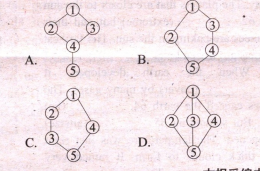0 132368 132376 132382 132386 132392 132394 132398 132404 132406 132412 132418 132422 132424 132428 132434 132436 132442 132446 132448 132452 132454 132458 132460 132462 132463 132464 132466 132467 132468 132470 132472 132476 132478 132482 132484 132488 132494 132496 132502 132506 132508 132512 132518 132524 132526 132532 132536 132538 132544 132548 132554 132562 151629

